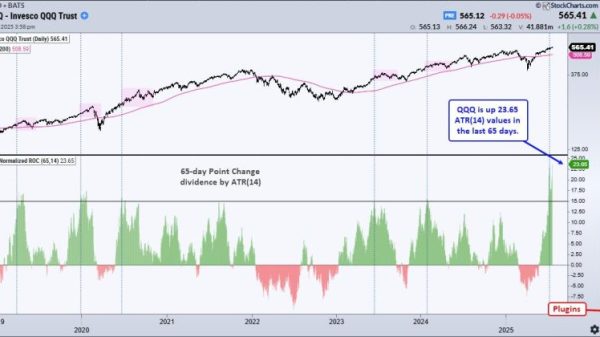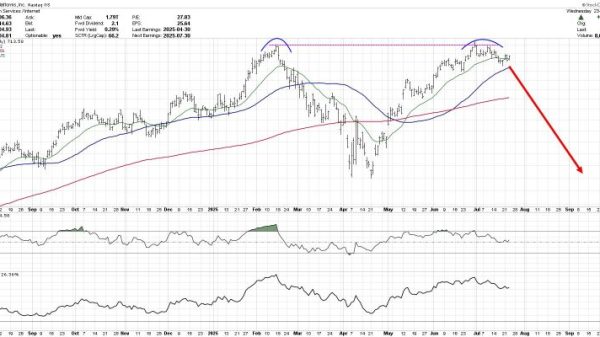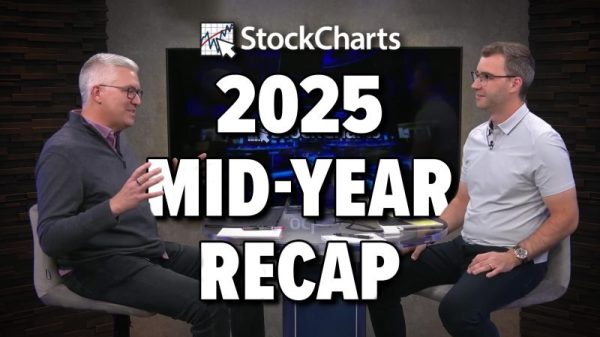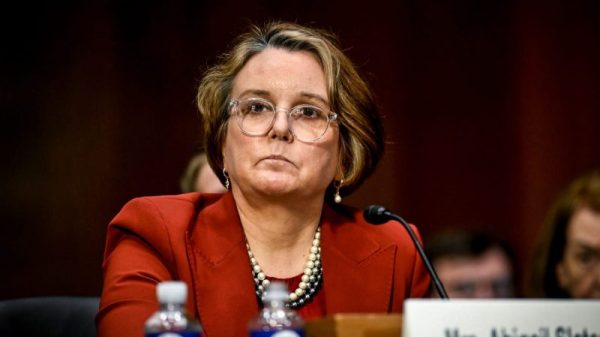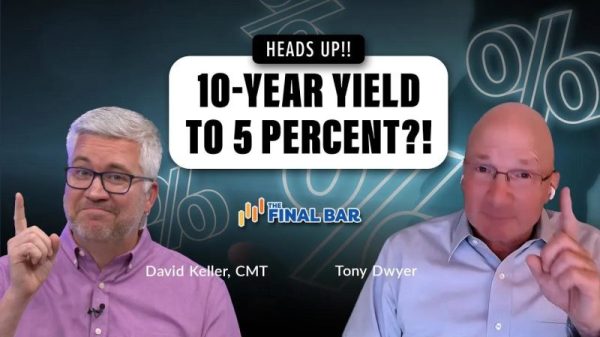Rep. Earl Blumenauer (D-Ore.) just had, arguably, the most productive two years of his 14 terms in the House. Rep. Michael C. Burgess (Tex.) is now the second-most-senior Republican on the powerful Energy and Commerce Committee. Rep. Debbie Lesko (R-Ariz.) just got appointed vice chair of an investigative subcommittee.
Yet all three lawmakers decided in the last couple of weeks that they would rather retire than keep advancing up the ladders of power. Voting with their feet, they are declaring that the glamour of serving under the Capitol dome is much more hype than actual reality.
Political performance art — illustrated by the recent senatorial threat to fight a committee witness and two colleagues clashing over accusations one elbowed the other — has left more studious legislators politically depressed.
Rep. Ken Buck (R-Colo.), asked about those silly incidents of near fights, got much more serious. “Silliness? Hmm, unconstitutional impeachments and censures that don’t make any sense,” Buck told reporters, citing actions that he opposed from his far-right colleagues.
Incapable of disguising his disgust at the state of the GOP in recent weeks, Buck surprised almost no one when he announced on Nov. 1 that he will not seek reelection next year.
“The big driver was we can’t admit that Republicans lost an election in 2020, which is crazy,” he told reporters.
Even Rep. Pat Fallon (R-Tex.) briefly called it quits, just three years after winning his first congressional race. On Monday, he filed papers to run for his old seat in the state Senate, where he had “the best two years” of his political life.
He changed his mind on Tuesday, after some agonizing with his family, and decided to run again for the House.
It’s important to note, however, at this moment there is no evidence that the number of retiring lawmakers is out of the ordinary. So far 29 members of the House, 19 Democrats and 10 Republicans, have announced their plans to leave. Of those 29, 13 Democrats and three Republicans are running for other offices, still believing in public service.
Some are at the natural end of a very long career, such as Rep. Kay Granger (Tex.), 80, whose GOP career started as Fort Worth mayor in 1991. And one — Rep. George Santos (R-N.Y.) — is running from scandal and indictments.
So those retirement numbers, for now, are in line with previous sessions of Congress. But all retirements are not created equally.
“It’s not the quantity of retirements. It’s the quality,” said former congressman Steve Israel (D-N.Y.), who retired in 2017. “These are people who really understand how to get things done.”
Israel remains close to many lawmakers, particularly those elected during his four-year run — 2011 through 2014 — as chairman of the Democratic Congressional Campaign Committee.
Two members of Israel’s class of 2012, Reps. Daniel Kildee (D-Mich.) and Derek Kilmer (D-Wash.), jolted their colleagues with their retirement announcements.
Not quite 11 full years into their tenure on Capitol Hill, they should be heading into their prime legislative years. Kildee is climbing the ranks of the Ways and Means Committee, with its tax and health policy jurisdiction, and Kilmer is now midway up the dais of the Appropriations Committee, with its control of more than $1.7 trillion in federal funds.
Kilmer succeeded Norm Dicks (D-Wash.), who spent 36 years in the House as a prominent appropriator, just as Kildee’s predecessor, Dale Kildee (D-Mich.), his uncle, had spent 36 years in Congress.
Kilmer is so devoted to the institution that for four years he chaired a select committee that worked on modernizing the House, trying to make it a more civil place.
Moreover, both Kilmer and Kildee are close to the new crop of Democratic leaders — Minority Leader Hakeem Jeffries (N.Y.), elected in 2012; Minority Whip Katherine M. Clark (Mass.), elected in 2013; and Rep. Pete Aguilar (Calif.), elected in 2014. These two would be poised to wield a lot of unseen influence if they stuck around and Democrats won the House majority next November.
Instead, Kildee, 65, had a bout with cancer earlier this year and, despite getting a “cancer-free” diagnosis, decided it was time to move on. “After spending time with my wife, children and grandchildren and contemplating our future, the time has come for me to step back from public office. Running for office, ultimately, is a personal decision first,” he said in his statement.
In a Seattle Times op-ed, Kilmer, 49, wrote that he remains “hopeful” for a lot of progress in Congress after he departs, citing his modernizing panel’s bipartisan work and a productive 2021-2022 session on issues that got little attention such as flooding and forest management.
“I find hope in the fact that — little by little — we’re providing more opportunity so people have a shot, no matter what Zip code they live in,” he wrote.
The brain drain in the House can be seen in data provided by the Center for Effective Lawmaking, a joint project by public policy experts at Vanderbilt University and the University of Virginia. In 2003, 34 percent of House members were in their third term or less, meaning they had been in office less than five years.
By 2021, according to the center’s data, almost 46 percent of House members had served less than five years.
There’s a real fear that, as lawmakers spend more time with family over the year-end holidays, a flood of retirement announcements could come early in the new year.
Recent events — ranging from the expulsion of the House speaker and an ensuing three-week paralysis in selecting a new one, to the partisan vitriol still lingering from the Jan. 6, 2021, attack on the Capitol — have left some lawmakers incensed at the climate here.
Jacob Bogage, The Washington Post’s economic policy reporter in the Capitol, spoke to several lawmakers about the constant brinkmanship of possible government shutdowns, but also asked some about their decisions to retire.
“You’re rewarding the wrong kind of behavior here,” said Rep. Brian Higgins (D-N.Y.), who announced his retirement a few days ago. “My concern is the trend has just begun, it’s not ending. And my sense is, I can just do more constructive things with my life.”
He noted how some Republicans heckled President Biden during the State of the Union address and how they have forced instant votes on censuring Democrats or trying to impeach the president or Cabinet members without substantive investigations.
“I’m just afraid that the performative nature of the House today, the people that — you know their names, they’re household names now — and the people that are making names for themselves are making spectacles of themselves,” Higgins said.
Despite a two-year run that saw many of his lifelong legislative issues such as infrastructure and manufacturing get big wins, Blumenauer was just as bleak.
“I don’t think being in Congress is the best way for me to make progress. I don’t second-guess anybody who’s there. But for me, I couldn’t justify two more years of my life,” he told Bogage. “Life is short. I don’t want to be a part of this charade. And I won’t be.”
Israel, who has talked to dozens of Democrats the last few years about their future, said there’s a common worry that the GOP caucus has become such a quagmire that there are not enough legislative partners to work with.
Their questions about retiring come down to the same thing, he said. “Tell me what happiness looks like in a post-congressional career.”
Plenty of Republicans have similar frustrations. Lesko, who chaired multiple committees in the Arizona legislature, got appointed two years ago to the powerful Energy and Commerce Committee, and she was promoted to vice chair of the oversight subcommittee this year.
In October, barely five years after winning a special election to the House, Lesko, 65, announced she will leave at the end of next year. “In good times, this place is frustrating and hard to get things done, but now it’s especially hard,” she told Punchbowl News’s Mica Soellner.
Kilmer, like quite a few retiring lawmakers, pointed to the 15 rounds of voting that it took in early January to elect Rep. Kevin McCarthy (R-Calif.) as a key moment of dysfunction. McCarthy only won the speaker’s gavel after giving in to demands from a small group of far-right lawmakers, several of whom — including Buck — eventually used his concessions to oust him from the job last month.
At one point in early January, Kilmer joked with the House chaplain, Margaret G. Kibben, that only divine intervention could save the House: “Pray harder!”
“Just imagine how messed up things would be if I wasn’t praying this hard,” Kibben replied.






